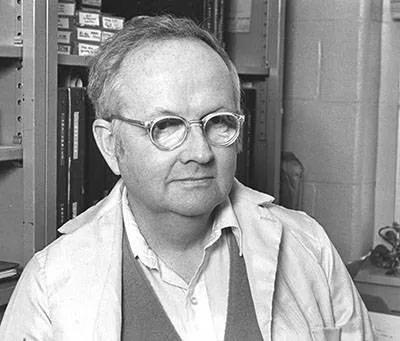The terms sound alike, and they are often used interchangeably. But there are some important distinctions between genetics and genomics.
Genetics is the study of heredity, or how the characteristics of living organisms are transmitted from one generation to the next via DNA, the substance that comprises genes, the basic unit of heredity. Genetics dates back to Augustinian friar and scientist Gregor Mendel, whose studies of pea plants in the mid-1800s established many of the rules of heredity.

Genetics involves the study of specific and limited numbers of genes, or parts of genes, that have a known function. In biomedical research, scientists try to understand how genes guide the body’s development, cause disease or affect response to drugs.
Genomics, in contrast, is the study of the entirety of an organism’s genes – called the genome. Using high-performance computing and math techniques known as bioinformatics, genomics researchers analyze enormous amounts of DNA-sequence data to find variations that affect health, disease or drug response. In humans that means searching through about 3 billion units of DNA across 23,000 genes.
Genomics is a much newer field than genetics and became possible only in the last couple of decades due to technical advances in DNA sequencing and computational biology.
JAX has expertise in both genetics and genomics. Scientists at our Bar Harbor, Maine, headquarters practice basic, experimental genetics using mice while scientists at The Jackson Laboratory for Genomic Medicine, our research center in Farmington, Conn., study the human genome.
These scientists collaborate with one another, and their complementary approaches are essential to discovering precise genomic solutions for human disease.